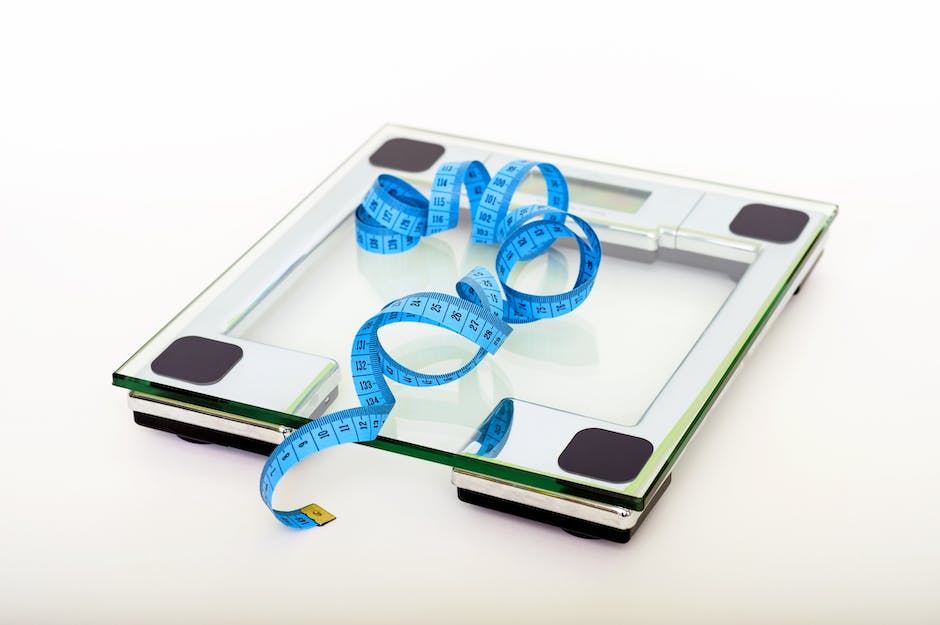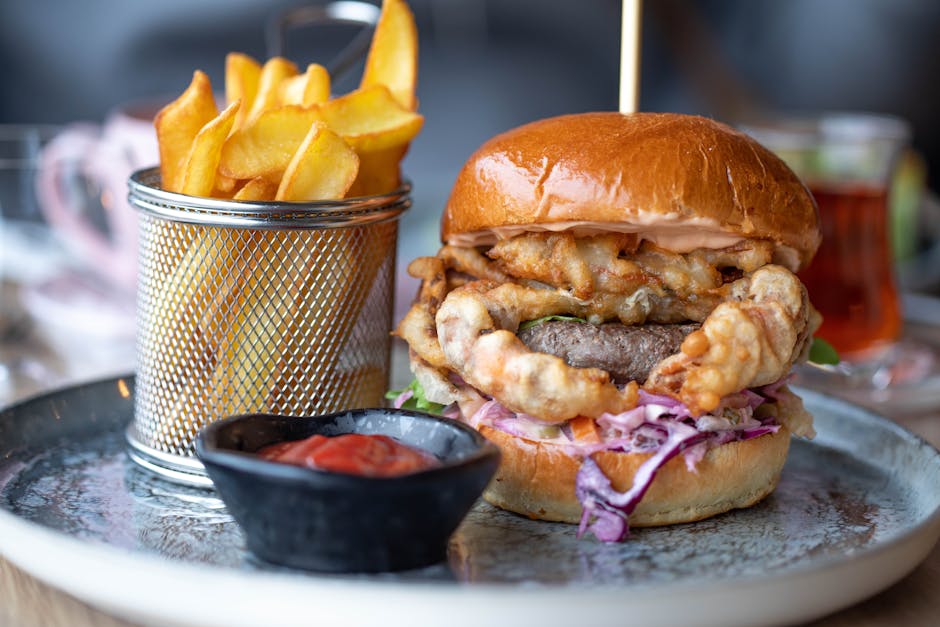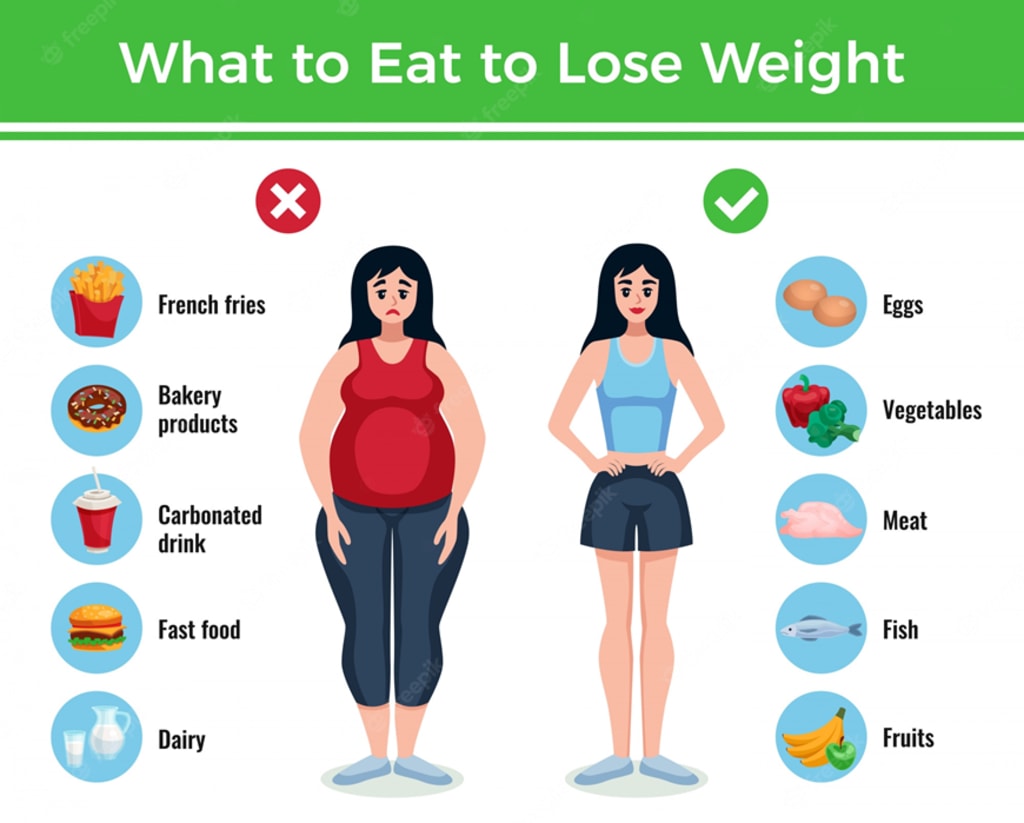Losing Weight

Lose weight - Better Health
Effective Strategies for Losing Weight
Losing weight can be a challenging journey for many people. With so many fad diets and weight loss programs out there, it can be overwhelming to know where to start. However, there are some effective strategies that can help you reach your weight loss goals in a healthy and sustainable way.
One of the most important things to remember when trying to lose weight is to focus on creating a calorie deficit. This means that you need to burn more calories than you consume in order to lose weight. This can be achieved through a combination of diet and exercise. It’s important to find a balance that works for you and your lifestyle.
When it comes to diet, focusing on whole, nutrient-dense foods is key. This means eating plenty of fruits, vegetables, lean proteins, and whole grains. These foods are not only lower in calories, but they also provide essential nutrients that your body needs to function properly. Avoiding processed foods and sugary drinks can also help you cut down on unnecessary calories.
In addition to watching what you eat, incorporating regular exercise into your routine is essential for weight loss. This can include a mix of cardiovascular exercise, such as running or cycling, and strength training exercises, like weightlifting or bodyweight exercises. Finding activities that you enjoy can make it easier to stick to a regular exercise routine.
Another important aspect of losing weight is staying consistent. It’s easy to get discouraged if you don’t see immediate results, but remember that weight loss takes time. By making small, sustainable changes to your diet and exercise habits, you can gradually work towards your goals. Celebrate your progress along the way, whether it’s fitting into a pair of jeans that didn’t used to fit or running a little bit farther than you could before.
It’s also important to listen to your body and give yourself grace. Everyone’s weight loss journey is different, and what works for one person may not work for another. Pay attention to how certain foods make you feel and adjust your diet accordingly. If you’re feeling tired or sore, give yourself a rest day from exercise. Taking care of your mental and emotional well-being is just as important as taking care of your physical health.
Lastly, finding a support system can make a big difference in your weight loss journey. Whether it’s a friend, family member, or online community, having someone to cheer you on and hold you accountable can help keep you motivated. Share your successes and struggles with others, and don’t be afraid to ask for help when you need it.
In conclusion, losing weight is a journey that requires patience, consistency, and self-care. By focusing on creating a calorie deficit through a healthy diet and regular exercise, staying consistent, listening to your body, and finding a support system, you can reach your weight loss goals in a sustainable way. Remember that progress takes time, and celebrate the small victories along the way. You’ve got this!
The Role of Nutrition in Weight Loss
Losing weight is a common goal for many people, but it can often feel like an uphill battle. While exercise is important for overall health and fitness, the role of nutrition in weight loss cannot be overstated. What you eat plays a crucial role in determining whether you will be successful in shedding those extra pounds.
When it comes to weight loss, the old adage “you are what you eat” holds true. The foods you consume have a direct impact on your body’s ability to burn fat and lose weight. Eating a diet high in processed foods, sugar, and unhealthy fats can sabotage your weight loss efforts, while a diet rich in whole foods, fruits, vegetables, and lean proteins can help you reach your goals.
One of the key principles of weight loss is creating a calorie deficit, which means consuming fewer calories than your body needs to maintain its current weight. This can be achieved through a combination of eating fewer calories and increasing physical activity. However, it’s important to remember that not all calories are created equal. The quality of the calories you consume also matters.
Focusing on nutrient-dense foods is essential for weight loss. These are foods that are high in nutrients but relatively low in calories. Fruits and vegetables are excellent examples of nutrient-dense foods, as they are packed with vitamins, minerals, and antioxidants, but are low in calories. Incorporating more of these foods into your diet can help you feel full and satisfied while consuming fewer calories.
Another important aspect of nutrition for weight loss is macronutrient balance. Macronutrients are the three main components of food: carbohydrates, proteins, and fats. Balancing these macronutrients in the right proportions can help regulate your appetite, stabilize blood sugar levels, and promote fat loss.
Protein is particularly important for weight loss, as it helps build and repair muscle tissue, which in turn boosts metabolism and burns more calories. Including lean sources of protein such as chicken, fish, tofu, and legumes in your meals can help you feel full and satisfied while supporting your weight loss goals.
Carbohydrates are often demonized in the world of weight loss, but they are an important source of energy for the body. The key is to choose complex carbohydrates such as whole grains, fruits, and vegetables, which provide fiber and nutrients along with energy. Avoiding simple carbohydrates like white bread, sugary snacks, and processed foods can help prevent blood sugar spikes and crashes that can lead to overeating.
Fats are another essential macronutrient that plays a role in weight loss. Healthy fats such as those found in avocados, nuts, seeds, and olive oil are important for brain function, hormone production, and satiety. Including these fats in your diet can help you feel full and satisfied, reducing the likelihood of overeating.
In conclusion, the role of nutrition in weight loss cannot be overstated. What you eat has a direct impact on your body’s ability to burn fat and shed pounds. By focusing on nutrient-dense foods, balancing macronutrients, and choosing healthy sources of protein, carbohydrates, and fats, you can support your weight loss goals and achieve long-term success. Remember, it’s not just about eating less, but about eating better.
Best Exercises for Weight Loss
So, you’ve decided it’s time to shed some pounds and get in shape. Congratulations on taking that first step towards a healthier you! One of the best ways to kickstart your weight loss journey is by incorporating regular exercise into your routine. But with so many different types of workouts out there, it can be overwhelming to know where to start. Don’t worry, I’ve got you covered. Let’s talk about some of the best exercises for weight loss.
First up, let’s talk about cardio. Cardiovascular exercise is a great way to burn calories and improve your overall fitness level. Running, cycling, swimming, and dancing are all excellent forms of cardio that can help you shed those extra pounds. Not only does cardio help you burn calories during your workout, but it also boosts your metabolism, helping you burn more calories throughout the day. Plus, it’s a great way to improve your cardiovascular health and increase your endurance.
If you’re looking to tone and strengthen your muscles while also burning fat, strength training is the way to go. Lifting weights or using resistance bands can help you build lean muscle mass, which in turn boosts your metabolism and helps you burn more calories. Strength training also helps improve your overall strength and endurance, making everyday tasks easier and reducing your risk of injury. And let’s not forget about the added bonus of a toned, sculpted physique.
For those looking for a low-impact workout that still packs a punch, consider trying out Pilates or yoga. These mind-body exercises focus on building strength, flexibility, and balance while also promoting relaxation and stress relief. Pilates and yoga can help improve your posture, reduce back pain, and increase your overall sense of well-being. Plus, they’re a great way to mix up your workout routine and prevent boredom.
If you’re short on time but still want to get a good workout in, high-intensity interval training (HIIT) might be the perfect solution for you. HIIT involves short bursts of intense exercise followed by brief periods of rest or lower-intensity exercise. This type of workout is incredibly effective at burning calories and improving your cardiovascular fitness in a short amount of time. Plus, the afterburn effect of HIIT means you’ll continue to burn calories even after your workout is over.
No matter which type of exercise you choose, consistency is key when it comes to losing weight. Aim to incorporate at least 150 minutes of moderate-intensity exercise or 75 minutes of vigorous-intensity exercise each week, along with two days of strength training. Remember to listen to your body and rest when needed, and always consult with a healthcare professional before starting a new exercise routine.
In conclusion, there are many different types of exercises that can help you lose weight and improve your overall health. Whether you prefer cardio, strength training, Pilates, yoga, or HIIT, the most important thing is to find something you enjoy and stick with it. By making exercise a regular part of your routine, you’ll be well on your way to achieving your weight loss goals and living a healthier, happier life. So lace up those sneakers, grab your water bottle, and get moving! Your body will thank you.







